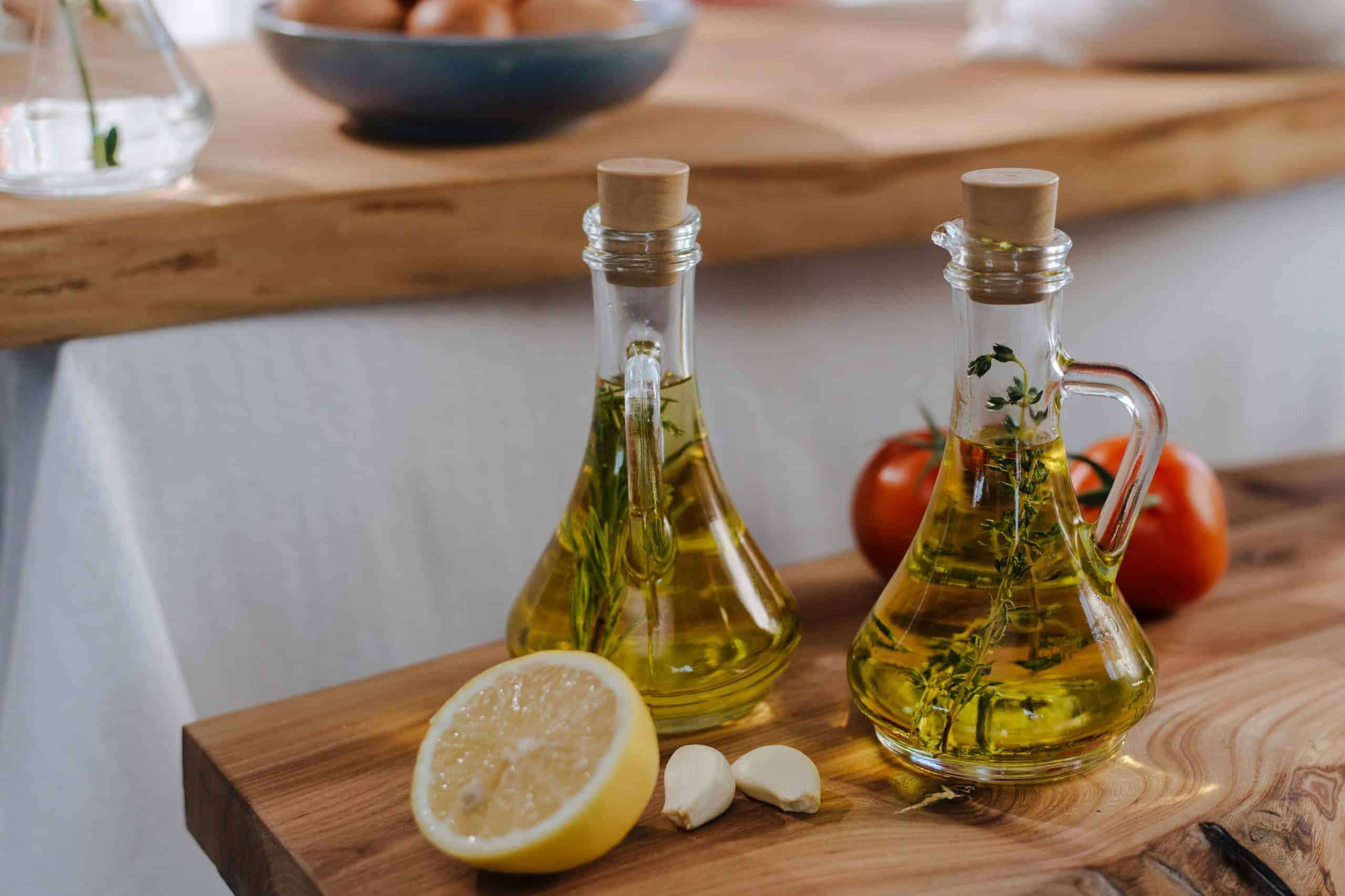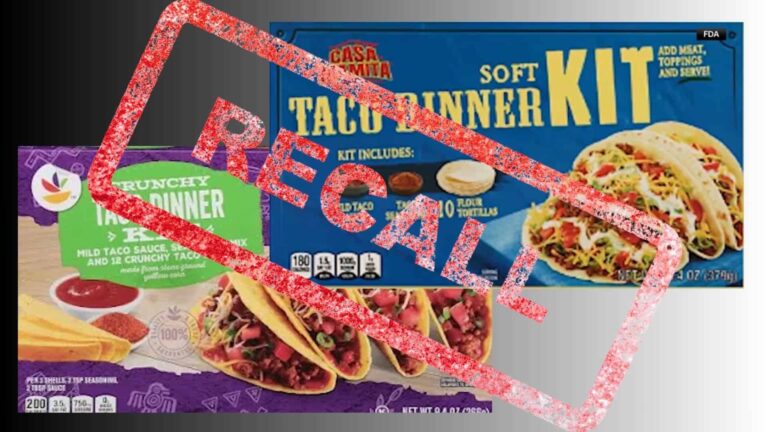The Truth About Cooking Oils: Which Ones You Should Safely Use
Look, we need to talk about cooking oils. And no, this isn’t another preachy health article where I pretend olive oil is going to save your soul. The internet is absolutely drowning in conflicting advice about which cooking oils will allegedly kill you versus which ones will grant you immortality. Spoiler alert: none of them are magic bullets.
You’ve probably seen the drama. One week, coconut oil is the villain destroying your arteries. Next week, it’s the superhero of saturated fats. Meanwhile, your grandmother is still using the same bottle of vegetable oil she bought during the Clinton administration, and somehow she’s outlived three of her doctors.
The Great Seed Oil Panic (And Why You Can Breathe)
Let’s start with the elephant in the room: seed oils. If you’ve spent five minutes on social media lately, you’ve probably seen someone ranting about how canola and soybean oils are basically liquid poison. According to these keyboard warriors, seed oils are responsible for everything from inflammation to your inability to parallel park.
Here’s what’s actually happening: Yes, seed oils like canola, corn, and soybean oils contain omega-6 fatty acids. Yes, our bodies convert these into compounds that can promote inflammation. But here’s the kicker that nobody wants to mention – the research doesn’t actually show that eating these cooking oils increases inflammatory markers in your blood.
Harvard nutritionists have been dealing with panicked patients asking if they need to throw out their entire pantry. The answer? Probably not. Those bottles of canola and sunflower oil aren’t plotting against you.
What Makes Cooking Oils Actually Different
Here’s where it gets interesting (and where most articles lose me with chemistry lectures). Smoke points matter more than your Instagram feed suggests. When oils get too hot, they break down and create compounds that taste terrible and aren’t great for you. But this isn’t some mysterious process – it’s just basic chemistry.
High-heat cooking calls for oils that can handle the temperature without melting down. Think avocado oil, refined coconut oil, or yes, even canola oil. These aren’t going to spontaneously combust or poison your stir-fry.
Medium-heat cooking opens up more options. Olive oil works great here, despite what certain influencers claim about it being “unstable.” Extra virgin olive oil has been getting Mediterranean folks through centuries of cooking without apparent catastrophe.
Low-heat and finishing is where you can get fancy. Walnut oil, sesame oil, or that expensive bottle of extra virgin olive oil you’ve been hoarding like it’s liquid gold.
The Processing Problem (That’s Actually About More Than Oil)
Here’s where the seed oil critics have a point, but they’re missing the bigger picture. The real issue isn’t that canola oil was extracted using hexane (a solvent that evaporates during processing, leaving virtually no residue). The problem is where most people encounter these cooking oils: in processed junk food.
Those potato chips, cookies, and fast food aren’t unhealthy because they contain soybean oil. They’re unhealthy because they’re loaded with calories, salt, sugar, and are often made with oils that have been heated and reheated until they’re basically industrial waste.
It’s like blaming water for drowning when the real problem is that someone can’t swim.
The Inflammation Game Everyone’s Playing Wrong
Let’s talk about this inflammation obsession. Yes, chronic inflammation is linked to various health problems. But trying to micromanage your omega-6 to omega-3 ratio by avoiding seed oils is like trying to fix a flood with a teaspoon.
Want to reduce inflammation? Here’s what actually works: eat more fruits and vegetables, get regular exercise, maintain a healthy weight, don’t smoke, and manage stress. Revolutionary concepts, I know.
What Smart People Actually Do
Instead of panicking about seed oils or spending your mortgage payment on artisanal avocado oil, here’s what makes sense:
For everyday cooking: Use whatever neutral oil you have on hand – canola, vegetable, or sunflower oil works fine. Store them properly (cool, dark place) and don’t keep them forever.
For flavor: This is where olive oil, sesame oil, and other specialty oils shine. They’re not magical health elixirs, but they make food taste better.
For high-heat cooking: Avocado oil or refined coconut oil if you want to be fancy, but regular vegetable oil won’t kill you either.
The real secret that nobody wants to admit? The oil itself matters way less than what you’re cooking and how much you’re using. Sautéing vegetables in any decent oil is going to be healthier than deep-frying everything in the world’s most perfect, artisanally-crafted oil.
The Bottom Line
Here’s what actually matters: Don’t deep-fry everything, don’t eat processed junk food for every meal, and don’t stress about which oil you’re using for your Tuesday night pasta. Your heart is more concerned about whether you’re getting enough exercise and vegetables than whether your oil was cold-pressed under a full moon.
The cooking oil debate has become another way to overcomplicate something that should be simple. Pick cooking oils that work for what you’re cooking, use them in reasonable amounts, and move on with your life. Your arteries will thank you more for that approach than for any specific oil choice.
And if you’re still convinced that switching cooking oils will transform your health, I’ve got some prime real estate on Mars to sell you.







